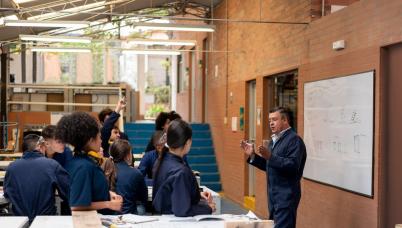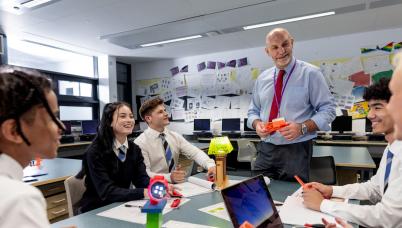Pedagogical toolbox
Explore our collection of pedagogical tools, curated to equip you to adapt or design teaching sequences, or to provide professional learning for you and your colleagues.
Pedagogical tools offer a variety of ways for teachers to encourage students to form a deep connection with the science content, and to build their science inquiry knowledge and skills. Explore these pedagogical tools and learn how you can use them in the LIA Framework.
Filter Tool Types
Alternative conceptions
The ability to question ideas, challenge perceptions and reach consensus is an important part of developing a deep connected understanding of science.
Argumentation
Argumentation is one approach to teaching critical thinking.
Collaborative learning
Working in a collaborative team benefits student learning outcomes and the development of science inquiry skills.
Cultivating a questioning culture
Students’ questions can be expressions of their existing knowledge, reasoning, assumptions, doubts, curiosity and wonder, and interest and motivation to learn.
Differentiation and adaption
Differentiation is an approach that encourages teachers to respond to student diversity while maintaining high expectations for all.
Making sense of teacher talk
Teachers interact with students in their classes in many ways, but teacher talk is a major part of the teacher’s craft in supporting student learning.
Mystery box
The mystery box activity is designed to support students’ understanding of how scientists base their conclusions on available evidence in the form of observations.
Peer-to-peer feedback
Peer-to-peer feedback provides opportunities for students to develop their critical thinking skills and encourages self-reflection on their learning.
Question Formulation Technique
The Question Formulation Technique outlines four steps for students to generate, refine, and select useful questions.








